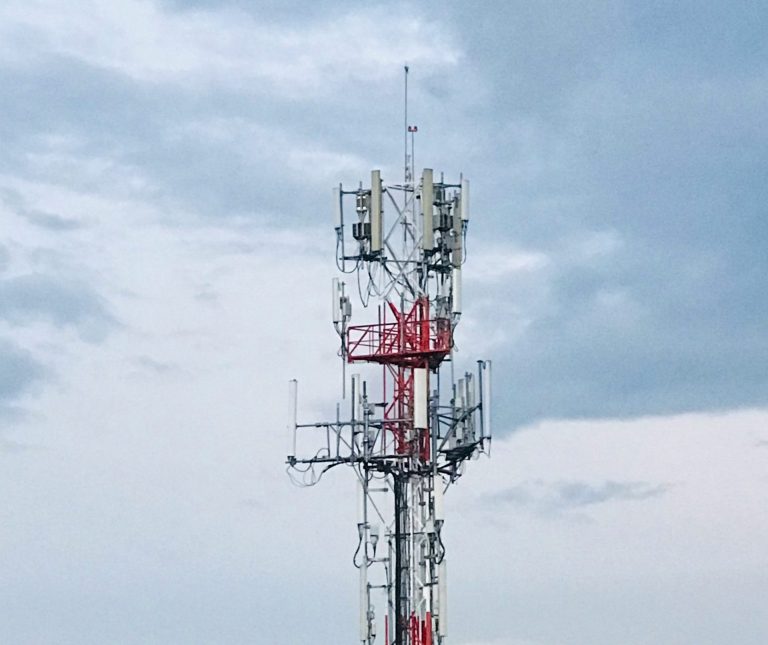Nepal Telecom has cited several reasons behind the fall in revenue. With customers increasingly relying on internet-based communication services, its income has been affected for the past few years. On top of this, an additional factor has emerged in recent years.
Kathmandu – Nepal has two telecom operators, one state-owned and the other private. Both have been struggling with financial difficulties in recent years. Statistics made public show that they are now in a situation where they cannot invest adequately to ensure service quality.
Nepal Telecom’s recently published financial report offers a closer look at this crisis. It shows that if it were not for the funds accumulated from previous years’ profits, the company would have fallen into losses. The operator has reached a stage where it can no longer generate profits by running services solely on its annual income.
Service-related revenue has declined, operating costs have not been kept efficient, and there has not been sufficient investment in new technology. Nevertheless, profits have shown a positive sign largely thanks to interest income from funds deposited in banks.
Compared with the previous year, revenue from customers fell by 27.8 million rupees. At the same time, interest income halved, dragging total revenue down by 8 percent.
Operating profit also declined compared to the previous year. Nepal Telecom posted a net profit of 2.6681 billion rupees, but of this, 3 billion rupees came solely from interest income. Net profit dropped by 57 percent year-on-year.
The company has outlined several reasons for the downturn. The widespread adoption of internet-based communications has been the primary cause of reduced revenues for years. More recently, another challenge has compounded the situation.
Ordinarily, even when customers used OTT services, the data would still be carried on the telecom’s network, preventing a significant revenue shortfall. However, internet service providers have begun offering Wi-Fi mobility—allowing users to access internet services anywhere, anytime—which has reduced reliance on telecom data usage.
Traditionally, wired internet services were sufficient at fixed locations, but once outside the home, customers would typically use telecom data services. Revenues and royalties were calculated based on this assumption. As a result, ISPs renew their licences for only a few lakh rupees, while telecom operators must pay billions. With ISPs now offering mobile-like internet services, telecom revenues have been dealt yet another heavy blow.
To address these concerns, the Nepal Telecommunications Authority instructed providers not to offer free Wi-Fi beyond specified limits of time and coverage.


